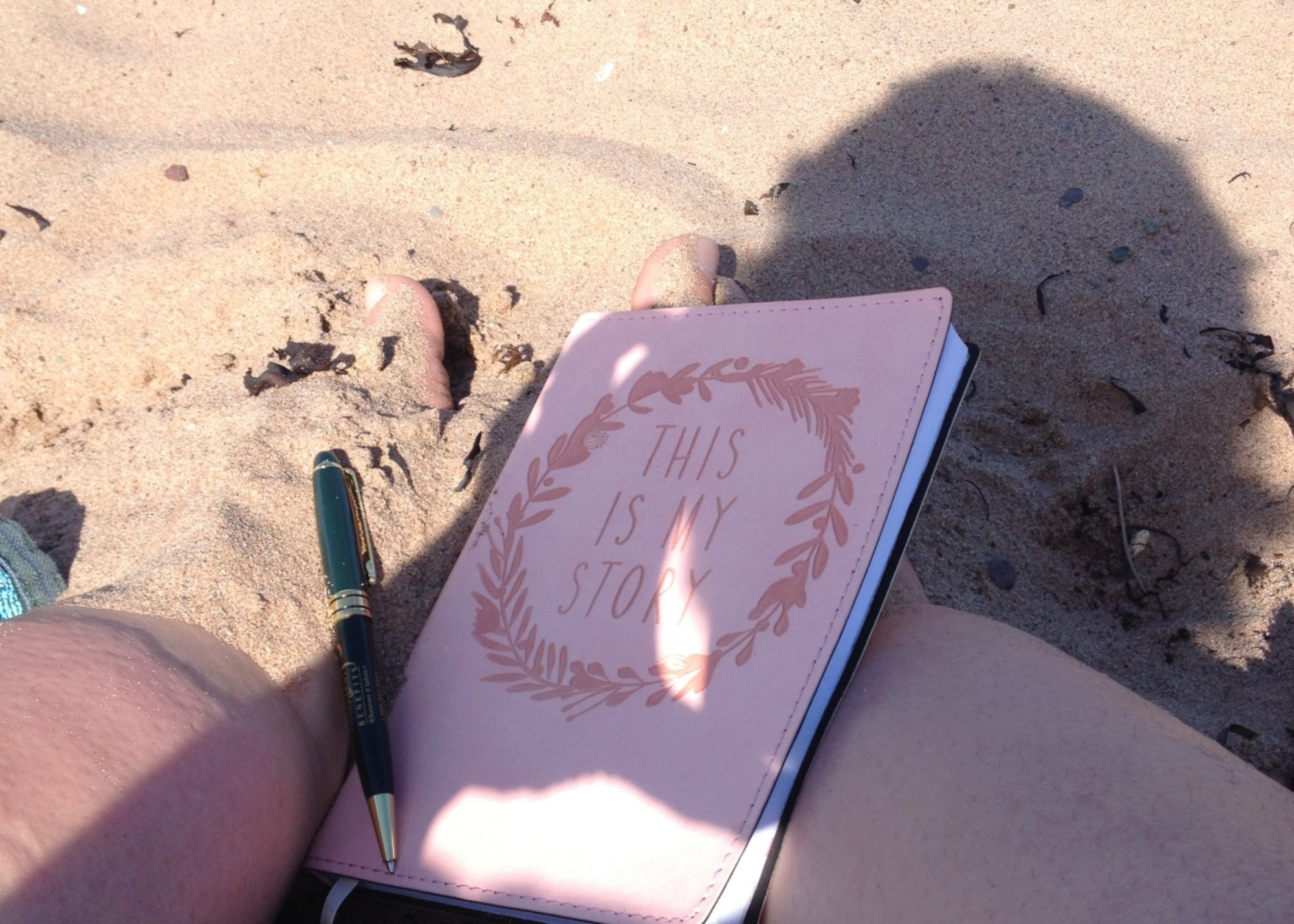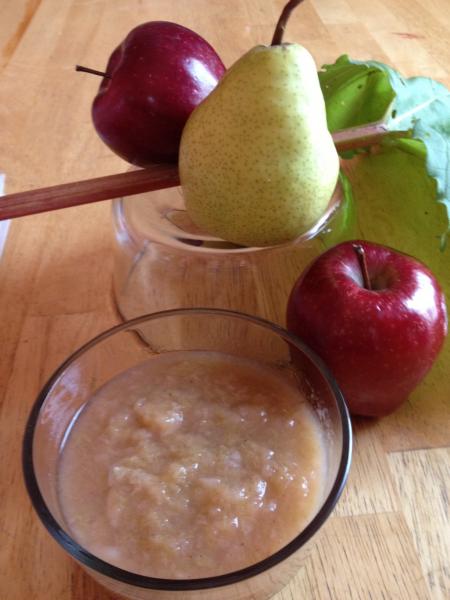How did Finding Maria become a Nova Scotia love story? Read on in my conversation with author Susan Rodgers, who is from beautiful Prince Edward Island and author of the Drifters books – A Song for Josh, Promises, and No Greater Love. She was a finalist in the 2011 Atlantic Writing Awards (unpublished novel) and hasn’t looked back. Meet Susan and her work at www.SusanRodgersAuthor.com.
Thank you, Susan, for tagging me! Here is our conversation on The Writing Process.
Susan: Tell us about the inspiration for your series. Where did the idea come from and how did it evolve?
Me: The series started as a book, and the book started as a short story for an audience of one. I wrote The Watch as a gift for a friend, on the 5th anniversary of his wife’s passing. The story about their first meeting was meant for his eyes only, but I could see a larger story and he believed it was meant for a wider audience. That led to a second short story, a chapter outline and, four years later, the publication of Finding Maria. It was after the book’s release that I realized there were more stories, and more details, to share. I envisioned a series of five, then of seven, with Finding Maria smack in the middle. True to the vision, Orchids for Billie (his childhood) was released in 2011, On the Scent of a Mandarin Moon (his Vietnam experience) came out in 2012, and Song of the Lilacs (his marriage) will be released in May 2014. Then work will begin on three books to pick up where Finding Maria left off in the present day.
Susan: When did you first become interested in Maria and/or the Von Trapp family?
Me: I watched the Sound of Music for the first time when I was 8 or 9, and despised it. I couldn’t stand how mean the children were to Maria, and didn’t watch past the first half hour. When I was 12 my aunt gave me the soundtrack on LP, and after being hooked by the music I gave the movie another try, and have been a fan of the story ever since. Flash ahead nearly 30 years, when I’m sitting across the restaurant table from my friend (now my business partner and publisher) as he shared another of his life memories, and the story clicked. The search for love and where one belongs, from a broken home to monastic life to marriage: that was Maria’s journey, and his quest seemed to mirror that. As it turned out, he was a Sound of Music fan as well, and had made that connection after seeing the movie in the theatre following his decision to leave the seminary. That scene is included in Finding Maria, fictionalized but true to life. I am also fascinated by how artistic licence has elevated the von Trapp story from history to epic. Millions of people love the movie, but far fewer know the real names of the von Trapp children, or that they escaped from Austria not on foot in the dead of night, but calmly by train that took them to Italy where they boarded a boat to America. Despite those differing details, the courage and legacy of the family is clear and appreciated around the world and across the generations. It showcased to me the power of blending fiction and non-fiction, maintaining the essence of a true story while allowing the messages to ring out to a diverse audience.
Susan: I was asked about how my location informs my writing. I’m wondering if you find this also. Does living in Nova Scotia somehow impact your creative work? And does it make it easier in terms of marketing/sales?
Me: That one short story has evolved into the Finding Maria series, which we now brand as a Nova Scotia love story, for two reasons: I was born and raised here, and my main character was continually drawn back here in his search for love. So being Nova Scotian not only impacts my work, it is a reason for its existence. As for marketing and sales, it is an exciting time to be an author and publisher anywhere in the world. With a good story, some marketing savvy, passion for your work and internet access, sales can be attracted and driven from across the ocean or across the street, Nova Scotia included.
Susan: What are your future plans in terms of writing?
Me: Well, my immediate plan is the launch of Song of the Lilacs in May. Then I will wear my publishing hat for a while; we have a book due out by a new author this summer, and two other manuscripts currently under review. In November, we will be at the Toronto International Book Festival in The Hub, where all the cool creative types hang out. Amid it all, I’ll get serious about Book Five in the Finding Maria series, picking up the modern day storyline that has corporate executive Jack and ghostwriter Gwen trying to deal with their newfound passion for life, and each other.
Thanks, Susan Rodgers, for the conversation and thank you for reading! I’m keeping the party going by tagging more Atlantic Canadian authors.
Susan Walsh Whistler was fortunate enough to be born and raised in St. John’s, Newfoundland, surrounded by family, fog, forest, and the North Atlantic ocean. A writer from an early age, her stories, poems, and essays are typically inspired by a sense of place and connection with both people and the natural world. After a bout in academia, she worked as a marketing maven, a retail clerk who got excited about things like the new Dior fall makeup line, a beaten-down stressed-out office worker, a communications/public relations person, a nursing home and animal shelter volunteer who suffered from wavering levels of tolerance, and finally, a stay-at-home mom to a beloved daughter and son who bring her all-new levels of inspiration. Susan is the author of the children’s book The Great Crow Party, with British Columbia-based artist Heidi Van Impe. She is a regular columnist for her local newspaper, The New Glasgow News, and showcases her work, both fiction and non-fiction, on her website www.susanwhistler.com.
Sarah Butland was born in Ontario, lived in New Brunswick for over 15 years and now resides in Nova Scotia with her high school sweetheart of a husband, their superstar son William and cat Russ. Butland started creating while still learning to walk. Many stories, attempts at novels and thousands of ideas later, she created BananaBoy and the Adventures of Sammy was born with Sending You Sammy, her first published children’s book. Then came Brain Tales – Volume One, a collection of short stories and finally Arm Farm, her current literary pride and joy. She is now working on Blood Day – The Novel (tentative title) to be released as soon as possible. In addition, she is active in her home community promoting local authors and events. Read more about Sarah and her wide range of work at www.sarahbutland.com


